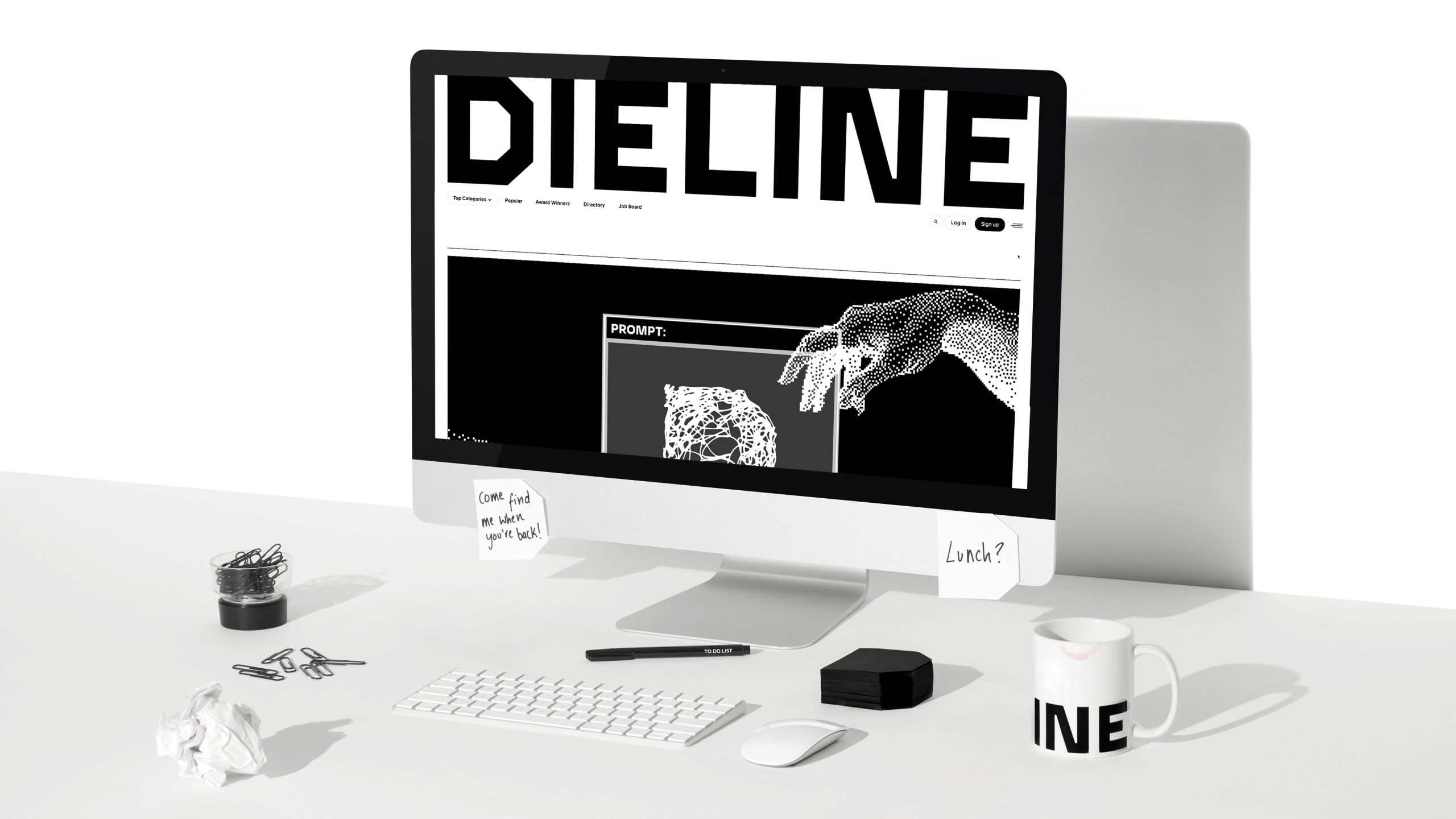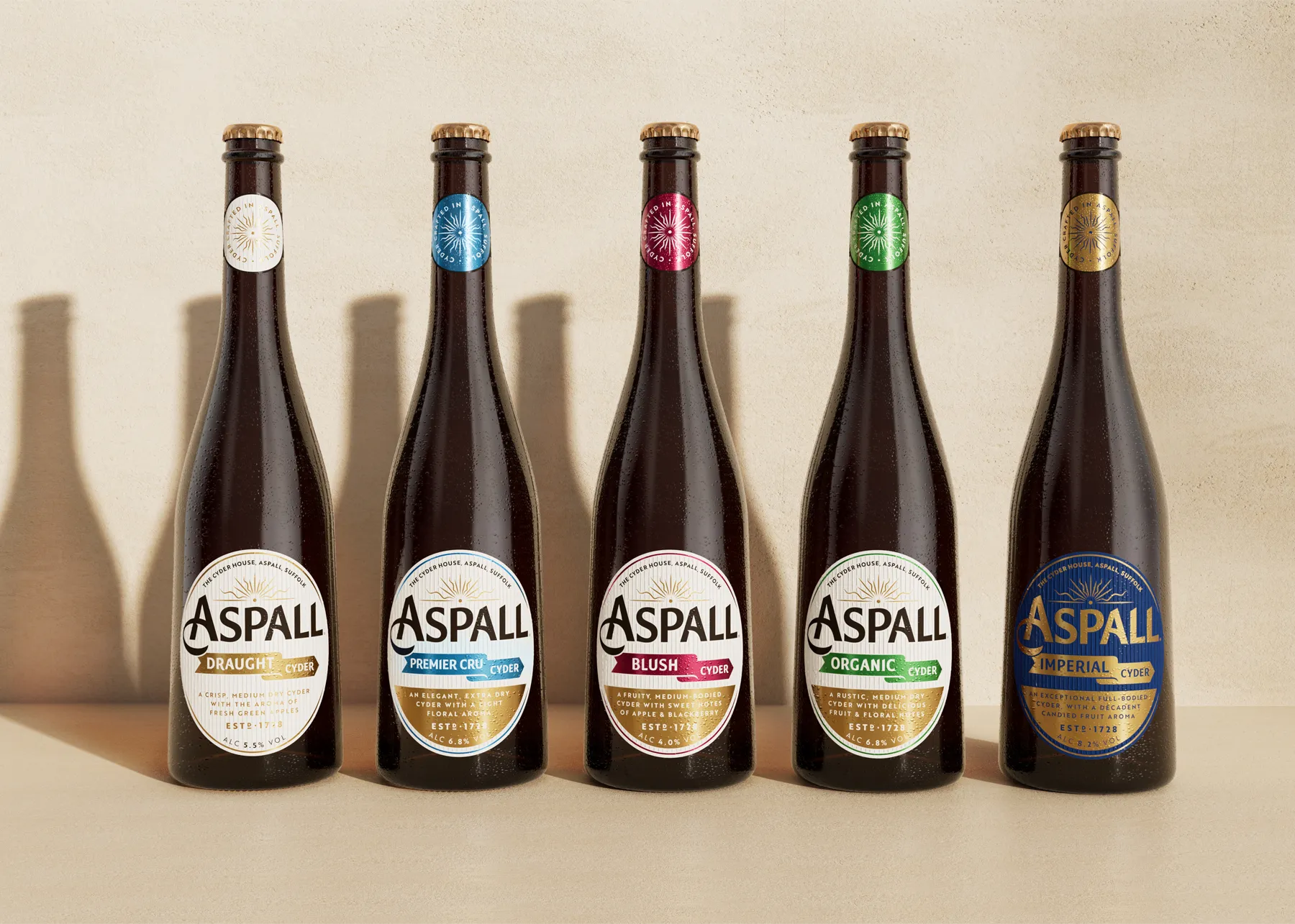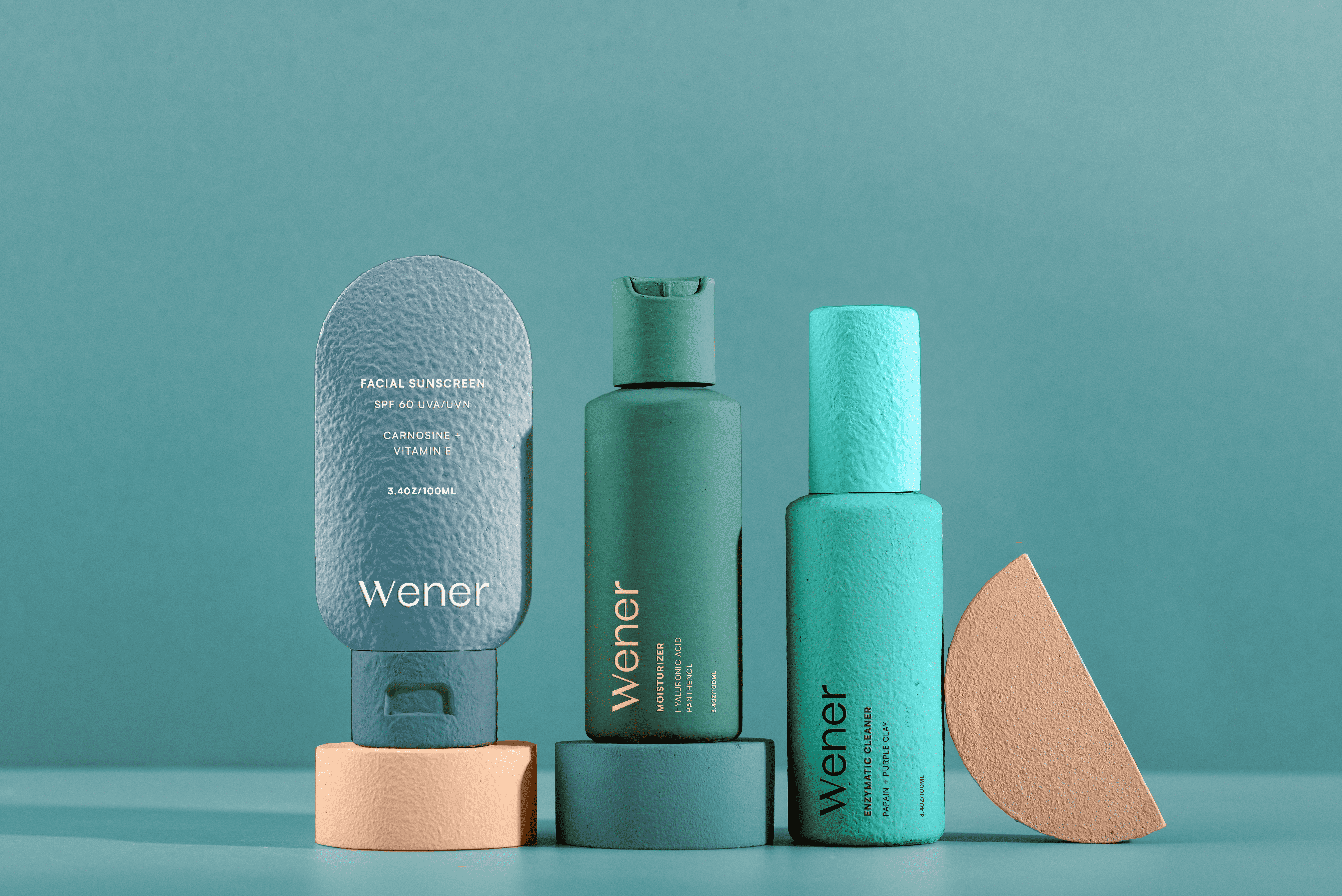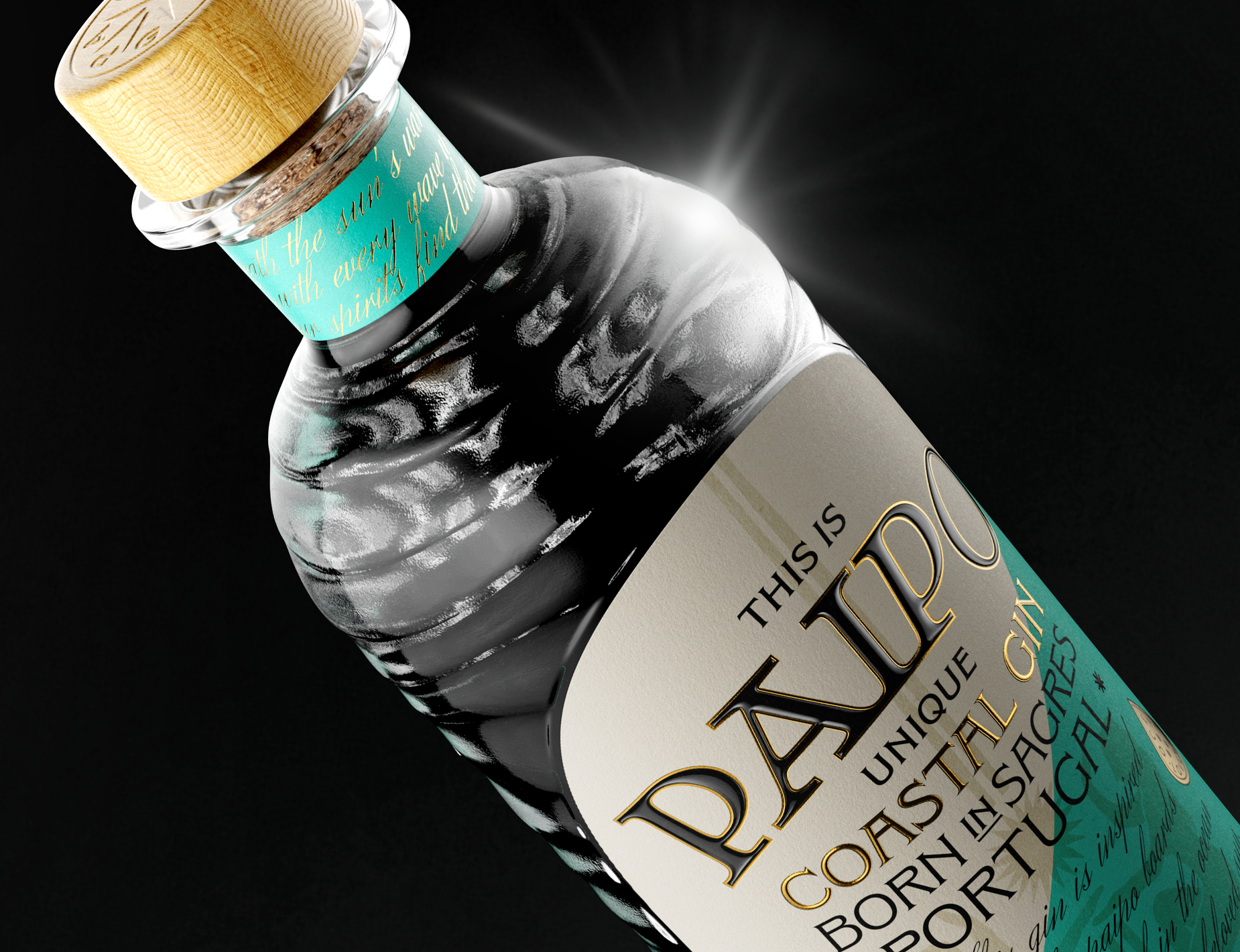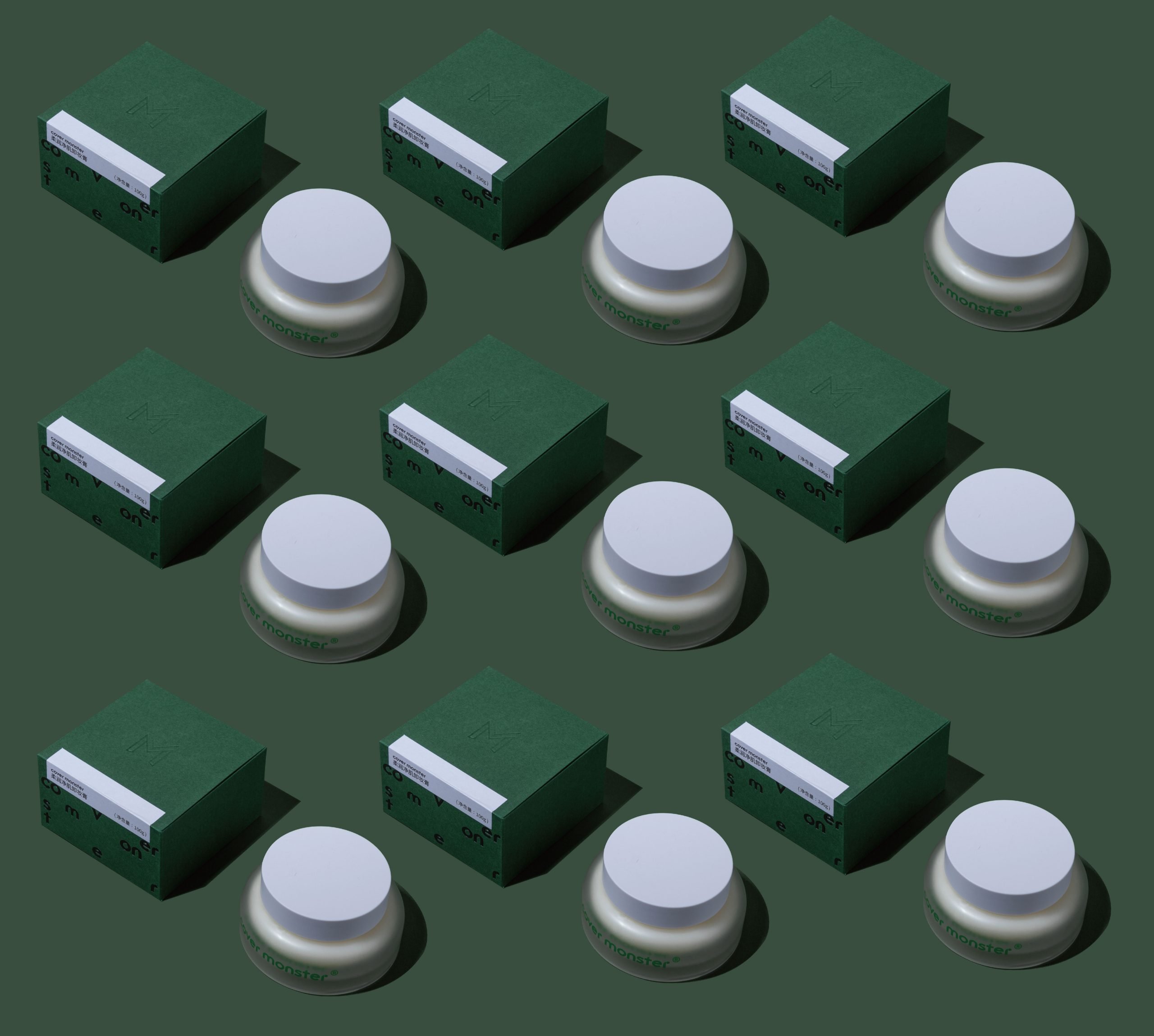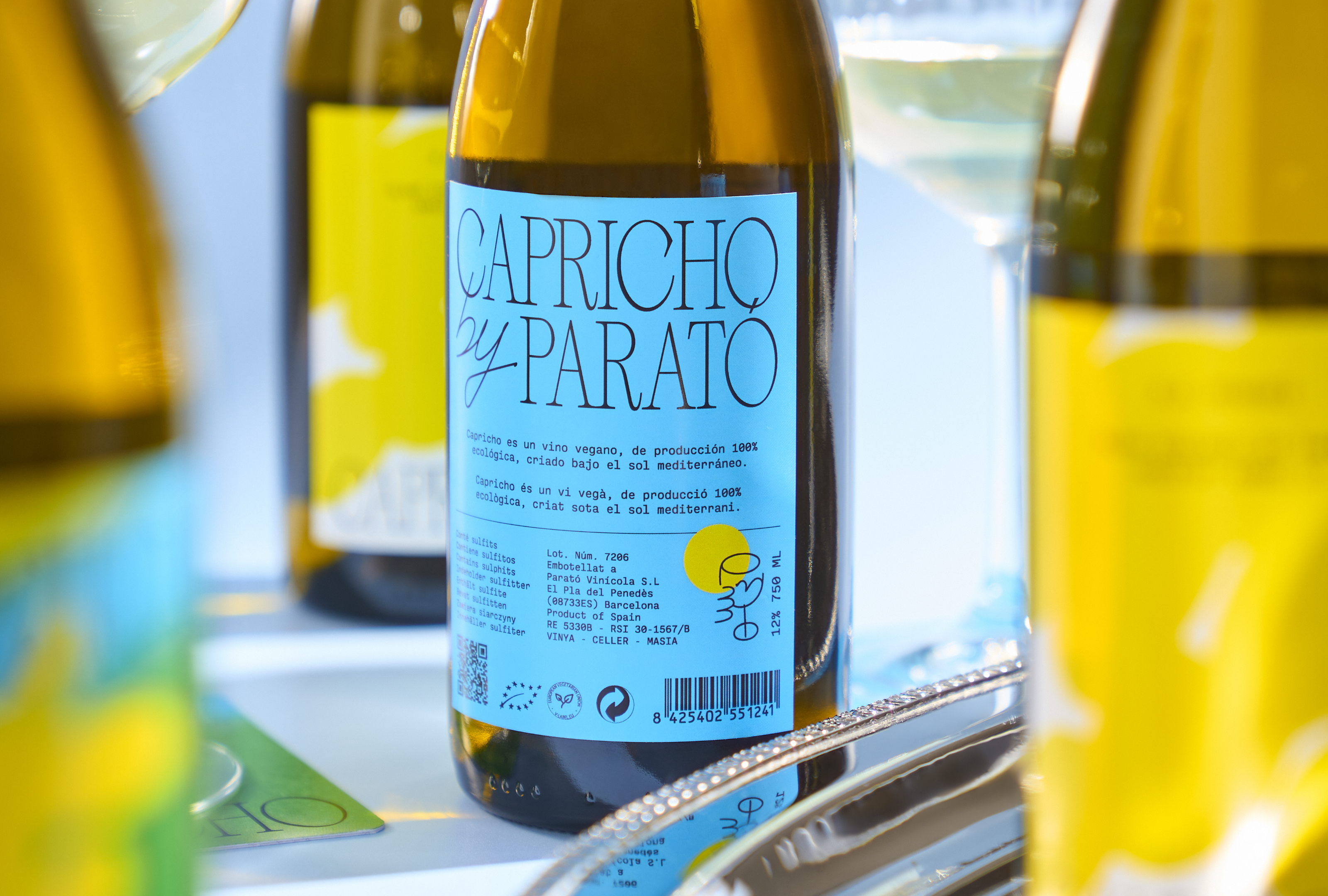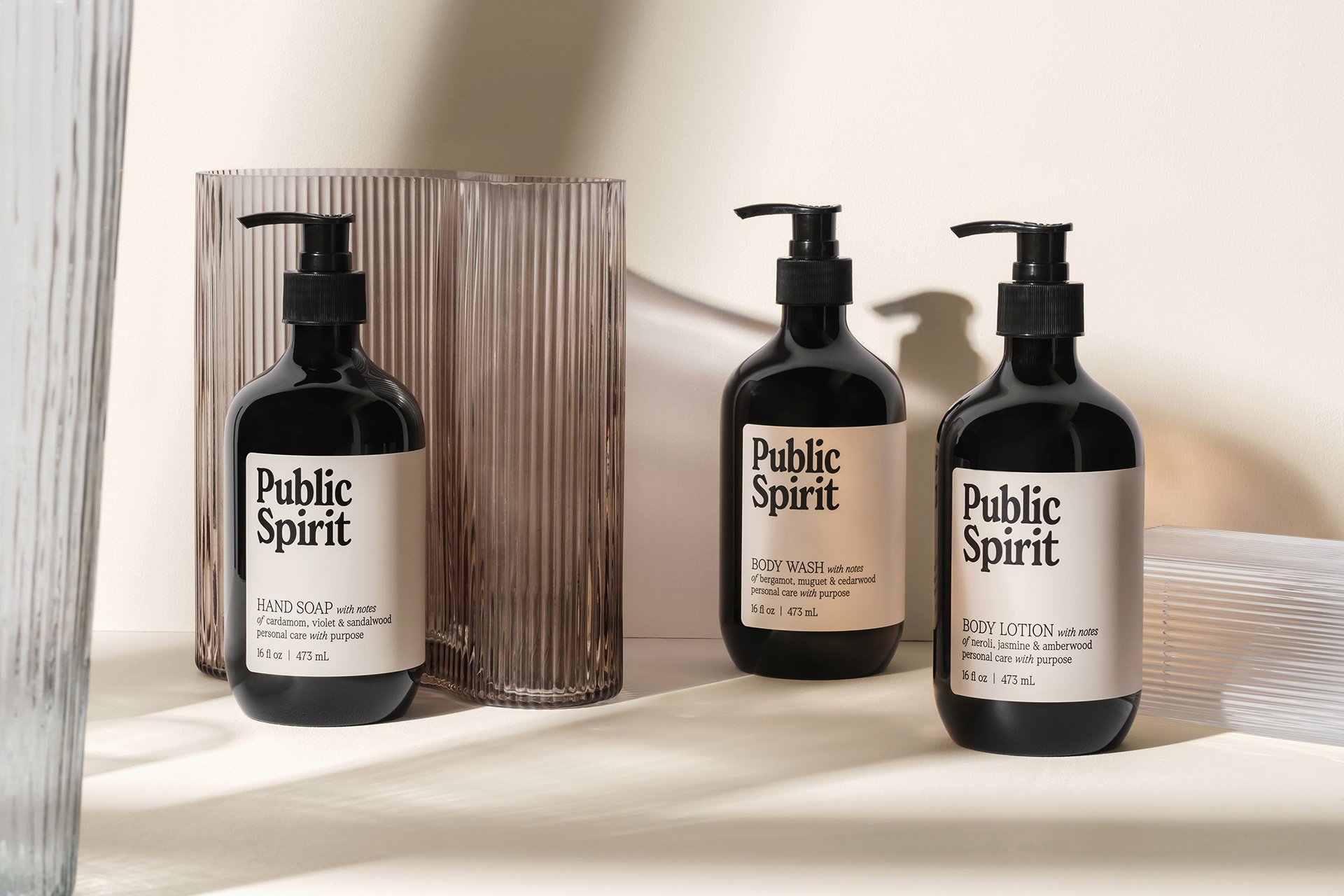Burning Man, the annual gathering in the Nevada desert, may seem like a bit of a lawless place.
Fire! Nudity! Parties! Anything goes, right?
On a certain level, yes, Burning Man provides a safe space for people to express themselves. The laws of the US and Nevada state still apply, but outside of that, as long as you’re not a jerk, then you can feel free to express yourself as you feel comfortable (whatever that might mean to you).
Beyond the freedom of expression and carefree atmosphere, a core element of Burning Man is the 10 Principles. If Burning Man has any rules, these are probably them. They’re essentially a moral code that always was the ethos of Burning Man from its 1986 inception put into writing in 2004 by founder Larry Harvey.
One principle is Leave No Trace, which basically means you won’t find garbage cans throughout the city and you’re expected to take out whatever you bring in. Another is Gifting, a contribution (big or small) you bring to share with the community. And one vital principle which makes Burning Man so incredibly refreshing is Decommodification:
‘”In order to preserve the spirit of gifting, our community seeks to create social environments that are unmediated by commercial sponsorships, transactions, or advertising.”
Dominique Debucquoy-Dodley, Senior Communications Manager for Burning Man Project, explained that decommodification is a central pillar to not only the experience of Black Rock City but also to the culture of Burning Man. “In Black Rock City, we create a decommodified zone that allows people to think about how life could be if they change the way they interact with each other, with products, with things, and with money,” he said. “For one week a year, you get to imagine what the world would be like if people valued others based on who they are and not what they have.”
You’re not going to find a Red Bull tent to quench your thirst during a long, hot day at the Burn (this isn’t Coachella). People don’t sell items or experiences from their camp; instead, they offer it. You won’t have to pay for that grilled cheese to participate in that knife throwing workshop or for the supplies to make necklaces at that one camp. Don’t expect to exchange business cards or receive slips of paper with coupon codes you can use once you return home since Burning Man is intended to be a promotion-free place. While you can expect to pay a few hundred dollars for your ticket, the Burning Man Project operates as a nonprofit and most of the ticket sales go programming or offering grants to artists.
People who go to Burning Man (called Burners) will even make a point to alter the brand names of rental RVs or trucks. With just a little bit of tape and some creativity, U-Haul can become RUPAUL or PENSKE will transform into SPANKME.
Decommodification doesn’t solely rely on censorship, though, and can also embrace parody. Burners will take well-known names or brands and give them a Burning Man twist, like with theme camps called Planned Playahood or Draft Punk.
Costco Soulmate Trading Outlet, a site designed to connect Burners with one another, is one of the many camps out there protected by parody law—they’re not selling anything, they don’t tarnish Costco’s reputation, and you wouldn’t mistake this Black Rock City Costco for an actual Costco.
“When we started using ‘Costco,’ it was because we liked them so much,” admitted Maat Pittman (who goes by Maus at Burning Man), Camp Manager at Costco Soulmate Trading Outlet. “We wanted to create a façade around our camp that made people comfortable. We just wanted to be the big box store, the easy soulmate thing. Costco is the essence of what we want to be.”
The theme camp has had interactions with Costco for a decade now, including a cease and desist letter and threat to sue. Costco even went so far as to hire a private investigator to scope out the camp. But, after a thorough on-site investigation, they determined what Costco Soulmate Trading Company was doing was actually delightful and told the retailer to leave them alone.
What Burning Man’s Decommodification principle didn’t expect was influencer culture.
“The thing we’re dealing with now is because a mobile phone has such a high-quality camera on it and because influencers don’t consider themselves professional photographers, they don’t register with us,” Dominique mentioned. People who attend Burning Man are free to take photos, but if they intend to share it beyond their personal use, they must register with Media Mecca. “They’re like, ‘Oh, no, I’m just taking pictures and posting them on my personal Instagram pages.’
“That is true, but it is also true that your Instagram posts or your YouTube videos generate advertising revenue, and tagging the brands that you’re wearing or the drink you’re drinking or the E-bike you’re riding creates revenue streams for those companies potentially,” Dominique adds. “If I’m an artist, and the picture you took has my creation in the background, you’re literally using my art as a backdrop to support a business. And that’s the antithesis of what Burning Man is about.”
As Burning Man gains more recognition, and people become even more intertwined with their cell phones, preserving an environment free from branding, sales, and sponsorships will prove challenging. But ultimately, it’s worth it because doing so creates a place unlike any other in the world—a place where you’re not bombarded with messages from corporations, where having more money doesn’t matter.
“This is a place to unplug from that kind of mindset,” added Dominique, “and we’re trying to get people to think deeper about why they’re coming to Burning Man in the first place.”
